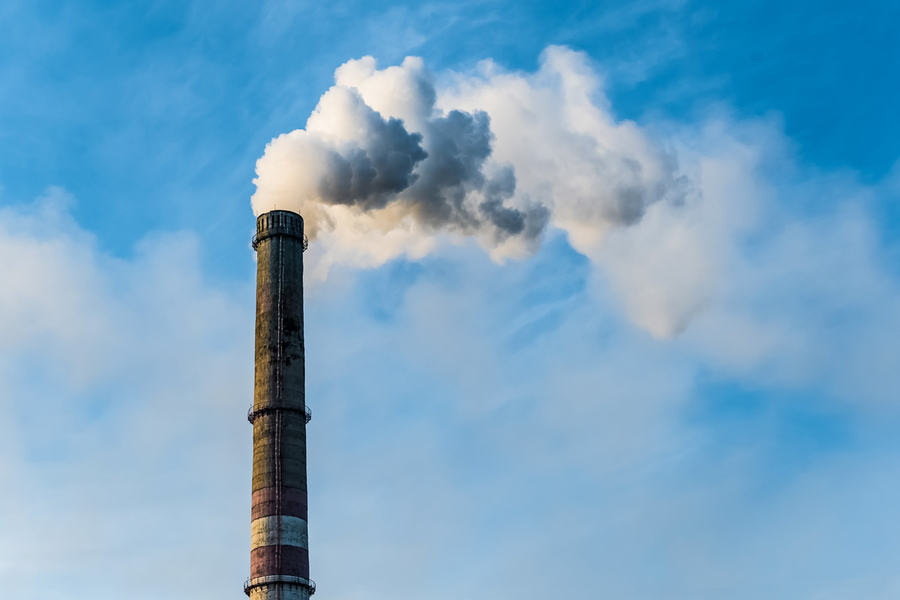None of those are true yet they all have claims found in journals and in media. So it has been with mercury emissions, where computer models so poorly designed they'd get you fired in the private sector if you tried to recommend a working prototype using them sail through peer review.
Computer estimates good enough for government-funded research use published inventories and then estimate atmospheric emissions using models estimated emission rates of polluting activities and then estimates of the scale of those activities. If that seems like a lot of estimates and therefore shouldn't be used to make policy, you will never get on a government panel. It isn't as ridiculous as a psychologist who used 300-year-old linear least squares math to estimate things about pictures winning a Nobel prize in Physics because "AI" is a huge fad this year, but it is far more damaging to public trust in science that breezy claims about pollution are promoted by corporate media engaging in political good works while reality is denied.(1)

Image provided by MIT
In new work, 15 years of data showed that mercury emissions went down, thanks to optimization by companies that don't like their profits going into the air. Yet computer models say corporations are worse than ever about pollution, and the authors of those papers and their allies in various NGOs insist more regulations are needed because the Minamata Convention agreement on mercury has failed. Yet the authors of those estimates refuse to concede that mercury emissions are a lot more difficult to model than CO2. 51 monitoring stations across 11 regions showed the 10 percent decline. With real world data they then used box and chemical transport modeling to deduce where other models were so wrong. Unknown environmental sinks could explain why simple estimates the problem was worse when it was actually better but they found the more likely cause was that the private sector had just gotten better at controlling emissions.
It's a big win for nearly everyone. The private sector can tout how they have reduced emissions while advocates for more government can claim regulations forced the private sector to improve. Doomsday prophets are the only ones disappointed in any of this, and that's because they need to scare us to raise money using lawsuits.
In the private sector, you validate your model using real-world data. If you can't even predict the past there is no reason a company will trust your claims about the future. In government-funded epidemiology, on the other hand, correlation is called "real world" data but actually is nothing of the kind, and it is instead used to undermine toxicology, biology, and chemistry. In climate science, if real-world data doesn't match the models, modelers attack the data collectors.
That needs to change. Models in academia and other government-controlled science need to be calibrated to real data, not predicting the past as economists do, but truly validated. Controlling pollution is important, but if people instead see academics cobbling together two kinds of results into some weird Frankenstein claim, or worse, hiding inconvenient results statistically, that leads to a great deal of distrust.
(1) Not many reporters are in corporate media these days, it is instead dominated by journalists who were hired to appeal to customers advertisers want, so the Clean Power Plan, for example, was promoted by them, and when the Supreme Court struck it down as unconstitutional, the same court that forced Obamacare on all of us was suddenly deemed "right wing" and ruining the air. When it was withdrawn completely, that was anti-science Republicans only caring aout , except that was back when Republicans were still more pro-science than Democrats. The private sector had already met the emissions standard the Clean Power Plan would've required by 2025. All canceling it did was prevent government from adding more union jobs.



Comments